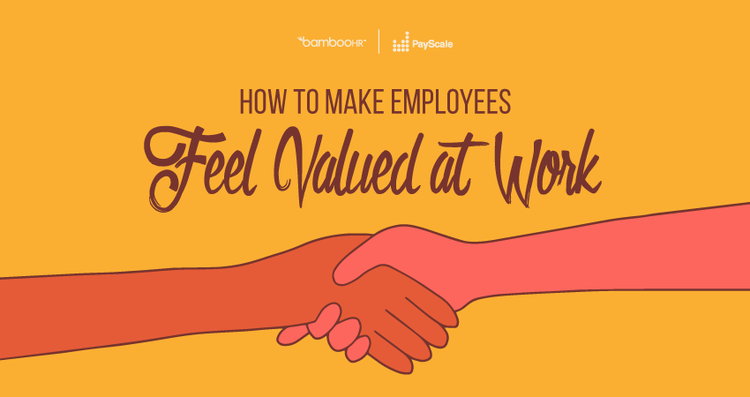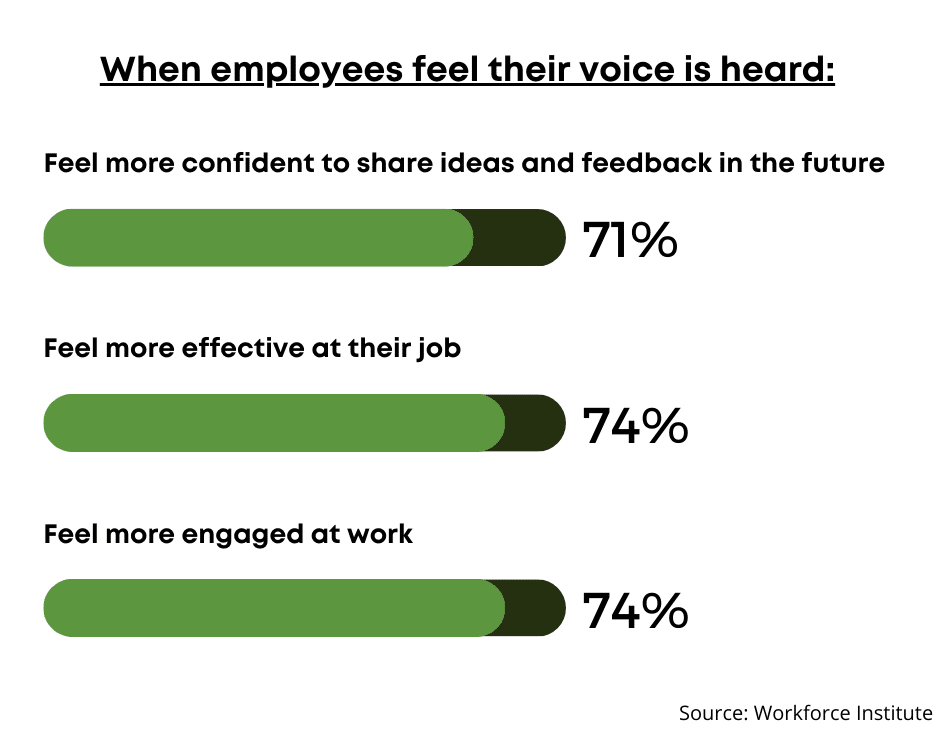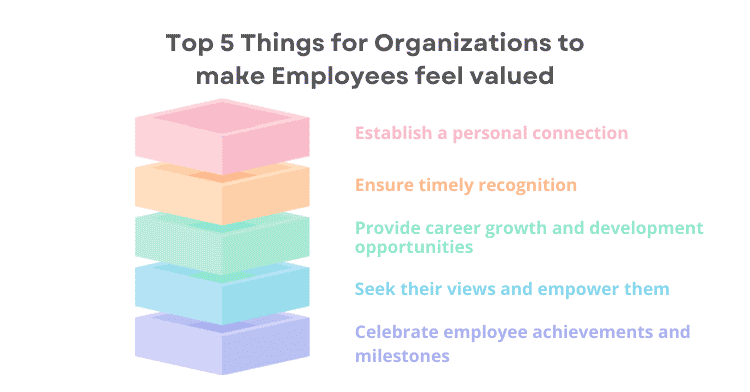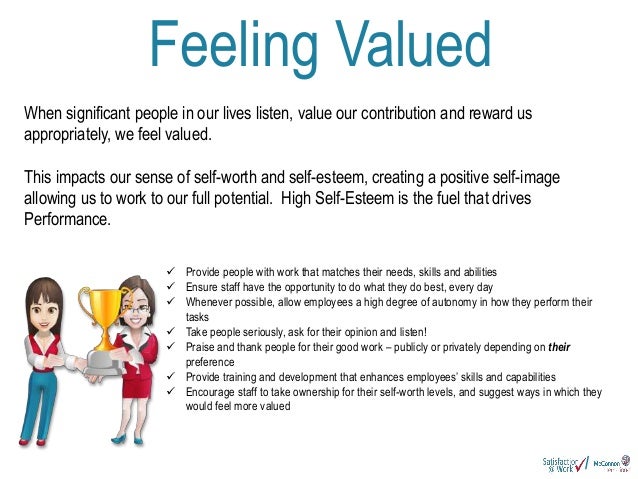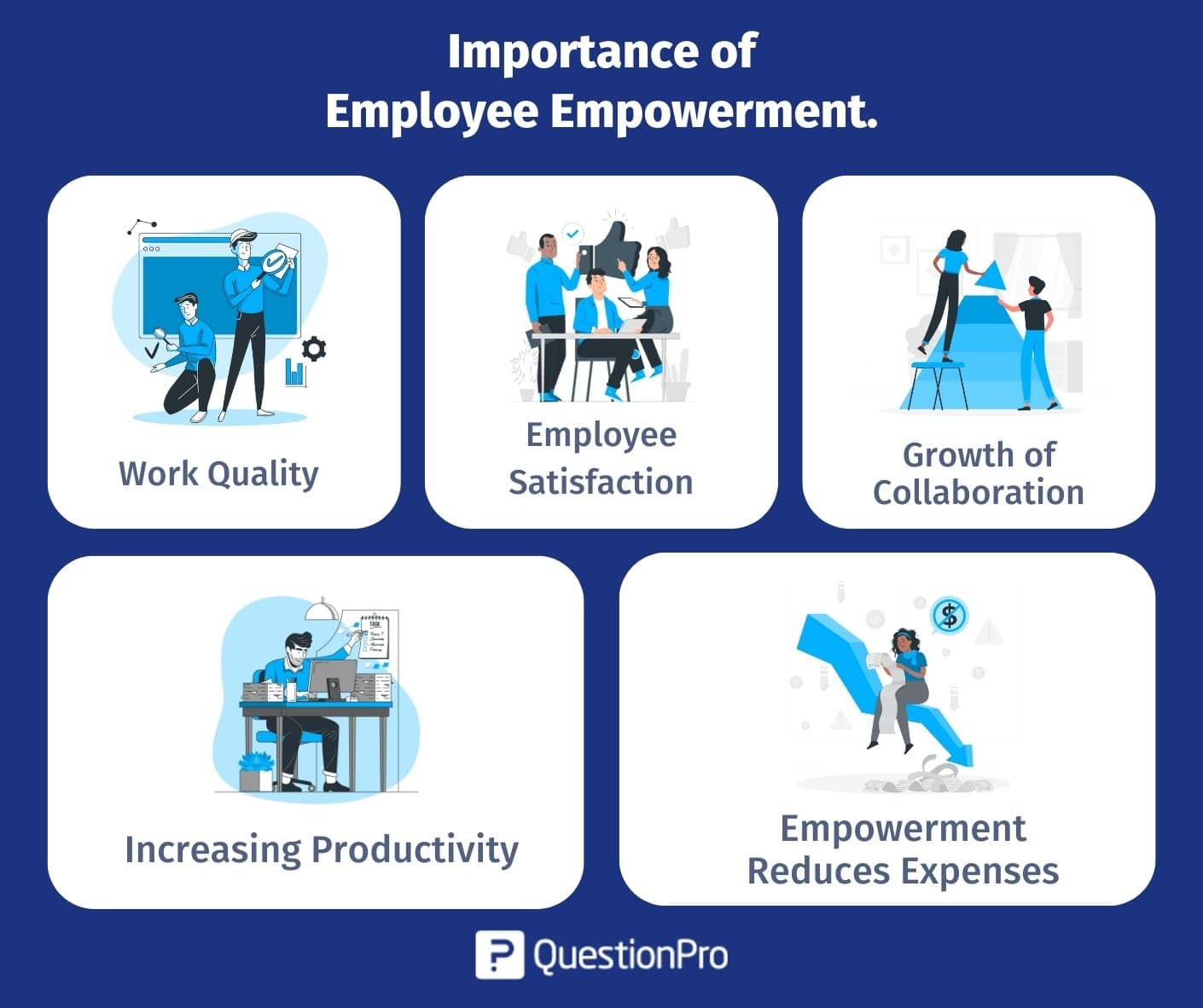Importance Of Making Employees Feel Valued

Employee disengagement is costing companies billions annually, and the solution might be simpler than you think: making employees feel valued. Ignoring this critical aspect of workplace culture is a ticking time bomb, impacting productivity, retention, and ultimately, the bottom line.
Companies that fail to prioritize employee appreciation are facing a silent crisis. The consequences are real: decreased morale, higher turnover, and a significant drain on resources required to recruit and train replacements. Ignoring employee value is not just a cultural issue; it's a financial one.
The Stark Reality: Disengagement Costs
A recent Gallup poll reveals that employee disengagement costs the global economy a staggering $8.8 trillion annually. This figure underscores the immense financial impact of a workforce that feels unappreciated and disconnected.
Consider the cost of replacing an employee: SHRM (Society for Human Resource Management) estimates this can range from six to nine months' salary, depending on the position. These costs includes recruiting, onboarding, and training, which can quickly drain resources.
When employees feel valued, they are more likely to be engaged, productive, and loyal. This translates into improved performance, reduced absenteeism, and lower turnover rates, directly impacting profitability.
What Makes Employees Feel Valued?
It's not just about monetary compensation, although fair pay is a foundational element. Employees also value recognition, opportunities for growth, and a sense of belonging.
Offering development programs and mentorship helps employees grow. Providing opportunities for them to acquire new skills and advance their careers shows them that you invest in their future. This makes them feel important and heard.
Feedback and recognition are powerful tools. Simple, sincere appreciation for a job well done can go a long way in boosting morale and reinforcing positive behaviors. Acknowledging contributions publicly and privately creates a culture of appreciation.
How Companies Are Getting It Right
Some companies are taking proactive steps to cultivate a culture of appreciation. Google, for instance, is renowned for its employee-centric approach, offering perks like on-site gyms, gourmet meals, and flexible work arrangements.
Another company, Patagonia, empowers employees to take time off to participate in environmental activism. This fosters a sense of purpose and aligns with their values.
These examples show that valuing employees goes beyond superficial gestures. It requires a genuine commitment to creating a supportive, inclusive, and empowering work environment.
The Bottom Line: Action Is Needed Now
The evidence is clear: neglecting employee value is a costly mistake. Companies that want to thrive in today's competitive landscape must prioritize creating a culture of appreciation and recognition.
Start by surveying your employees to understand their needs and concerns. Implement regular feedback mechanisms to identify areas for improvement and measure the impact of your initiatives.
Don't wait for disengagement to reach a critical point. Begin investing in your employees today, and reap the rewards of a more engaged, productive, and loyal workforce.

